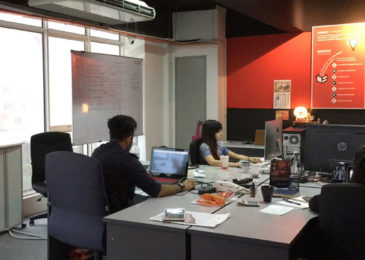Securing a job in the field of social work isn’t easy. Graduates who have recently finished their degree courses are looking for the best possible entry-level social work role now they’ve qualified and many struggle at the interview stage because they don’t have this real-world experience.
By following the tips below you can be as prepared as possible for your social worker interview.
Research
The more you know, the more you can talk about and theoretically the more questions you can answer with confidence. You should research your potential employer and the role in question in depth. Take in the job description fully and make sure you understand every element of the role.
Compare your general experience to what they expect and match up your skills with the role. If there are any gaps in your knowledge ensure you find an answer and some working examples of how and why you’re still a valid candidate. Specific examples are always preferred in interview circumstances.
You should ensure you check out the company’s website at a minimum too. You need to make sure you’re up to date with current news in the field too. Keep an eye on all legislative changes and points of debate which are topical.
Check the Details
Before you arrive for your interview double-check the actual details. Will you be interviewed by individuals or a panel? Does the interview have a group element? The more you know the better prepared you can be. Some interviews also have written sections which you want to make sure you’re prepared for too, and if all isn’t detailed in your invitation letter then you are well within your rights to telephone the company and ask. Ensuring you know the location of the interview too plays a key role in your punctuality and stress levels.
Expect
There are some questions you should be ready for. Expect questions about your specifically chosen team or user group but also be prepared for questions about the general world of social work. Qualified social worker jobs may require you to work in one field but be flexible across others where necessary. You should be able to share generic knowledge as well as your personal specialism.
Ask
Candidates who ask questions are more memorable than those who sit there are quiet as a mouse only speaking when spoken to. The more questions you ask, as long as they’re relevant and searching, the more of an impact you’ll have. You should definitely avoid inane questions like ‘How much will you pay me?’ and ‘How many holidays can I have?’ but ask more specialised questions pertinent to the industry such as on-site training, CPD and even consider delving deeper about the company’s chosen filing system or challenges they have at present.
During your interview preparation you should have at least five questions ready, some may get answered throughout the interview but with five prepared there should be at least one available when the interviewer asks your thoughts.
If you’re committed to the industry then keeping these points in mind will significantly improve your chances of getting that dream job.





